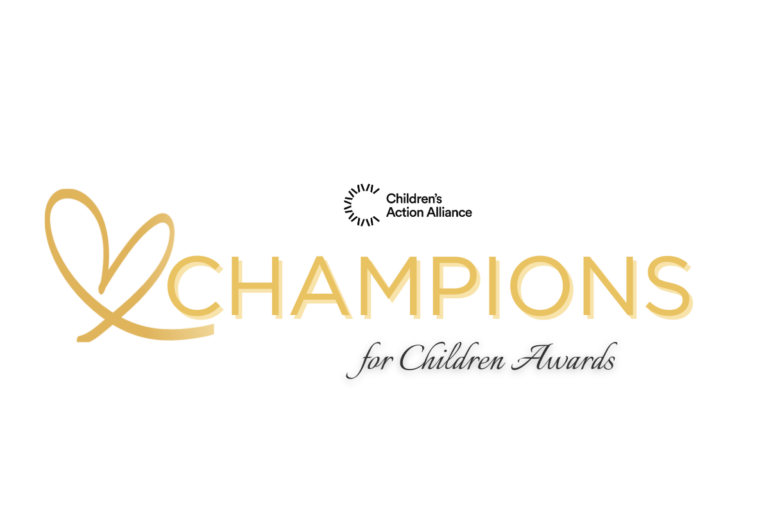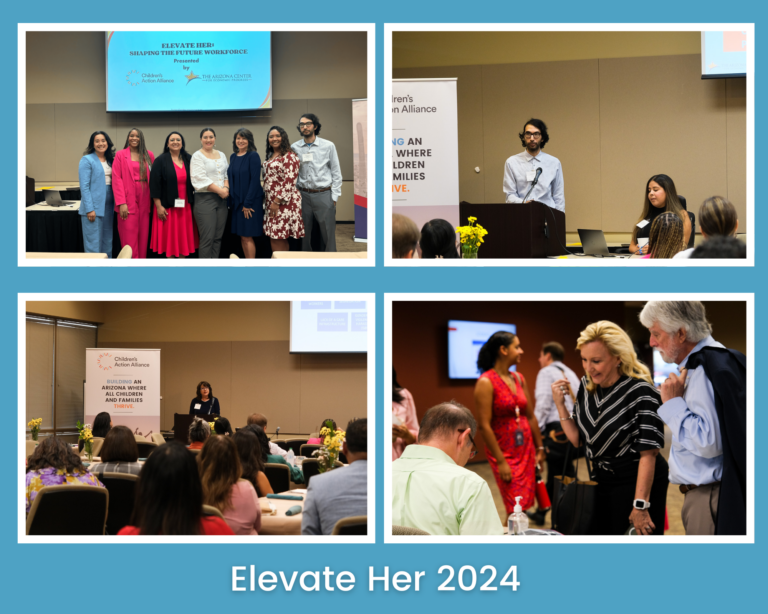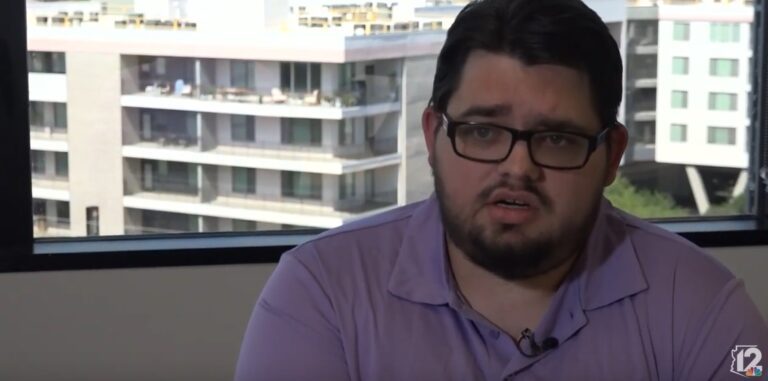
Fostering Youth Transitions Report Released During National Foster Care Month
Permanent families and supportive adult connections, stable housing and postsecondary education remain beyond reach for too many young people with foster care experience, according to Fostering Youth Transitions 2023: State and National Data to Drive Foster Care Advocacy, a data brief released by the Annie E. Casey Foundation earlier in May which is National Foster Care Month. The data brief examines the experiences of young people ages 14 to 21 who were in foster care between 2006 and 2021. Drawing on 15 years of data, the report details how young people are faring and aims to equip policymakers, child welfare leaders and practitioners, and communities with data to support decision-making that improves outcomes for young people in and transitioning from foster care.
Nationally, the data shows some positive gains. The overall population of young people 14 and older entering care has fallen, use of group placements is down, and placement of young people with close relatives is up. Arizona follows these national trends but to different degrees. The state experienced only a modest decrease in the proportion of youth 14 and older included in the state’s foster care population. Arizona’s use of group care fell by just 3 percentage points while its 14-percentage-point-increase in the use of kinship care far outstripped the rate of growth nationally. Of note, while the use of supervised independent living arrangements grew by 7 percentage points on the national level, in Arizona it decreased from 9% to less than 3%.
![]()

The data also reveals some persistent negative trends. Nationally, and in Arizona, more than half of youth age out of care without a permanent family and too many continue to be unable to access safe and stable housing, connect to post-secondary education and training, and find employment. While Arizona out-paces the national average in extended foster care participation (52% AZ/24% US), it connects young people to transition services at a rate far lower than the still-too-low US average (29% AZ/47% US).
Overall, the report shows that despite some gains, child welfare systems in Arizona and across the nation are still not connecting enough foster youth to the relationships, resources, and opportunities they need to grow into successful adults. Arizona should use the report, and this companion guide developed by youth with lived experience in foster care, to engage in community conversations and spur data-driven systems and policy change to help youth succeed in adulthood.
Learn More:
- Read the Brief
- Get the Community Conversation Guide
- Explore Journey to Success, a policy campaign that seeks to improve opportunities and outcomes for all youth and young adults who experience foster care by promoting their healing, family connections, and economic security.



